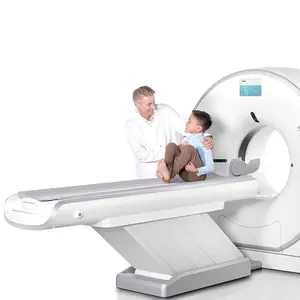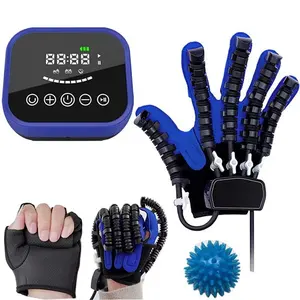Popular in your industry









































































Top categories
About fetal monitor
Fetal Monitor Overview
Fetal monitors are essential devices in the realm of obstetrics and gynecology, designed to track the heart rate of a fetus during pregnancy and labor. These devices play a critical role in monitoring the well-being of the unborn child, providing healthcare professionals with vital information to make informed decisions during prenatal care and childbirth.
Types and Features
The market offers various types of fetal monitors, including external and internal models. External monitors, such as Doppler devices, are non-invasive and widely used during prenatal visits. Internal monitors, on the other hand, provide more accurate readings and are typically used during labor. Features may include heart rate displays, uterine contraction measurements, and data storage capabilities.
Materials and Classifications
Fetal monitors are constructed from diverse materials, including durable plastics, metals, and acrylics, ensuring longevity and safety. They are classified into different categories such as class II, class I, and class III, based on the level of risk and regulatory controls required, with class I being the lowest risk category.
Applications of Fetal Monitoring
These devices are not limited to hospital settings; they are also utilized in clinics and for home care monitoring, providing continuous or intermittent observation of the fetal heartbeat and maternal contractions. The application of fetal heart rate monitors extends to various prenatal tests and procedures, aiding in the detection of fetal distress and other conditions.
Advantages of Using Fetal Monitors
Employing fetal heartbeat monitors offers numerous advantages, such as enabling early detection of potential complications, facilitating timely interventions, and providing peace of mind to expectant mothers. The use of fetal doppler monitors has become a standard practice in prenatal care, reflecting their importance in modern obstetrics.
Choosing the Right Fetal Monitor
When selecting a fetal monitor, it is crucial to consider the device's accuracy, ease of use, and compatibility with other medical equipment. Healthcare providers should evaluate the monitor's features, such as portability, battery life, and display clarity, to ensure it meets the specific needs of their practice and patient population.











